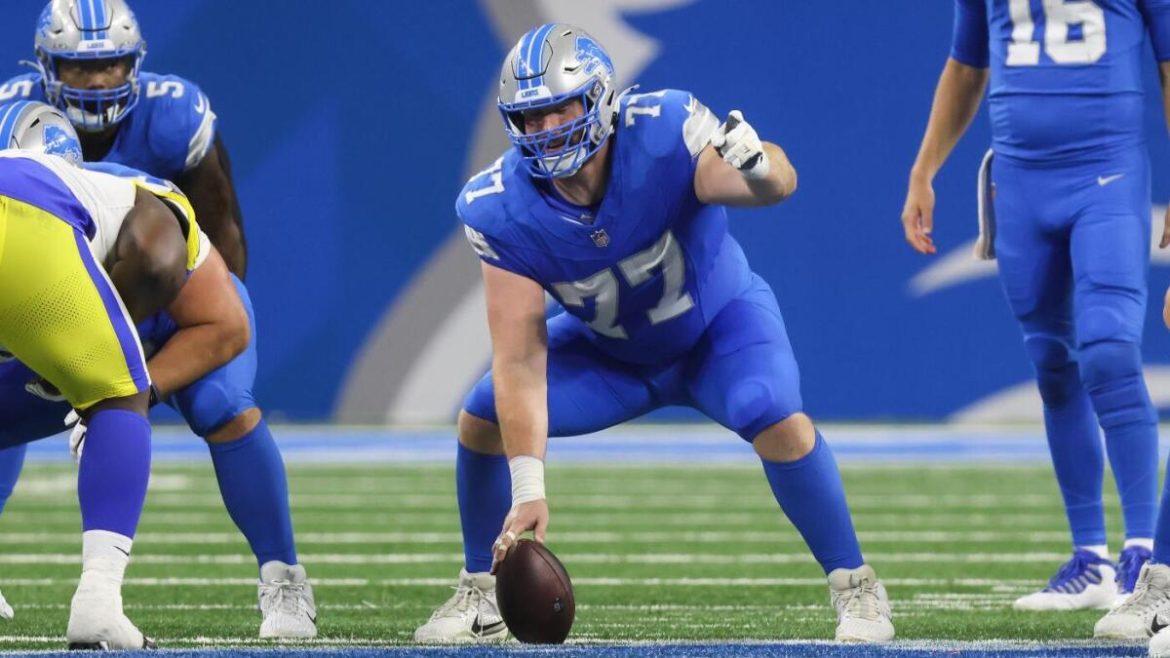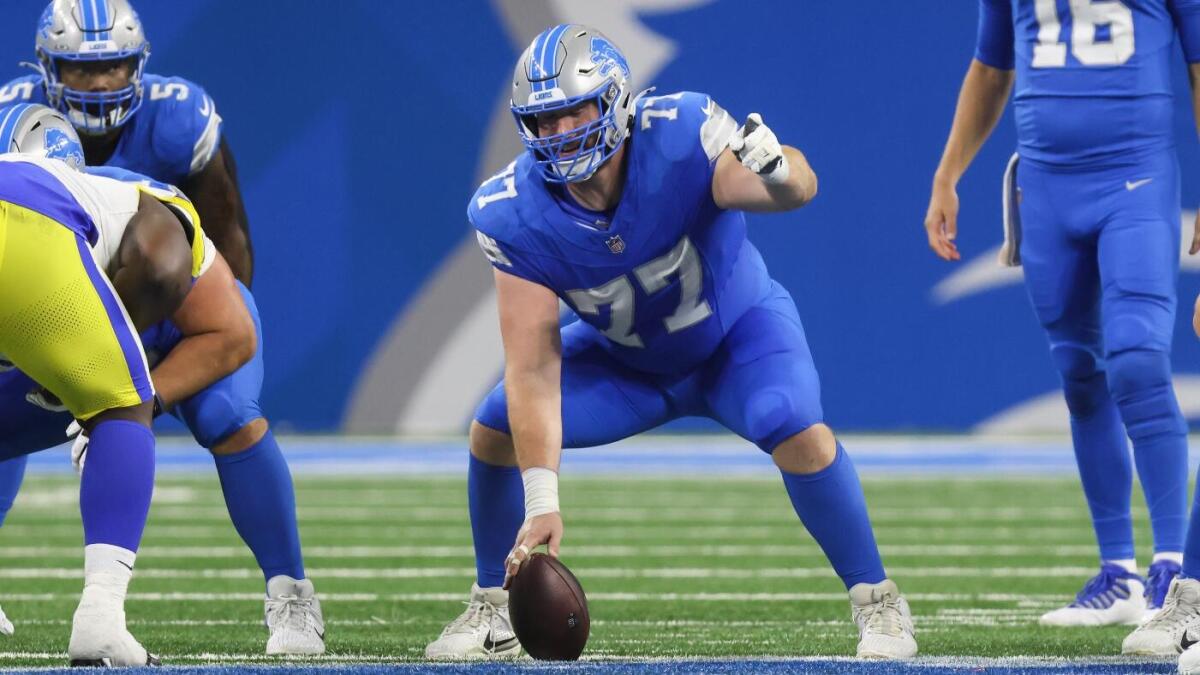Frank Ragnow’s retirement at the age of 29 marks a significant moment in Detroit Lions history and the broader NFL community. His decision, rooted primarily in concerns over health and the cumulative physical toll of professional football, provides a striking example of the intense demands faced by athletes in high-impact sports. This comprehensive analysis digs into the circumstances surrounding his retirement, his career trajectory, and the implications of this early departure from the sport.
The Physical Toll Behind the Decision
Frank Ragnow cited injuries and the physical demands of football as the main reasons for stepping away from the game. The evidence of his struggles is clear: a toe injury in 2021 sidelined him for most of that season, followed by a groin injury in 2022 that further limited his availability. These recurring injuries not only affected his performance but also likely contributed to his decision to prioritize long-term health over continued competition.
The NFL is notoriously unforgiving physically, especially for linemen like Ragnow, whose role demands constant collisions and physical strain. Players in these positions endure relentless blows every game, and over time, even minor injuries compound into serious health concerns. Ragnow’s choice reflects a broader trend of athletes increasingly aware of the risks they shoulder and making proactive decisions about their careers and well-being.
Career Highlights and Contributions
Despite the setbacks, Frank Ragnow’s career has been distinguished and impactful. Selected by the Detroit Lions, he completed seven seasons and 96 starts, establishing himself as a reliable and formidable presence on the offensive line. His skill and consistency earned him All-Pro honors, a testament to his elite level of play.
As a center, Ragnow was the anchor of the Lions’ offensive line, a role that requires not only physical strength and agility but also cerebral understanding of the game. The center must accurately snap the ball, read defensive alignments, and coordinate blocking schemes — responsibilities critical to the offense’s rhythm and success. His contributions helped stabilize a part of the team often overlooked by casual fans but crucial for offensive effectiveness.
Implications for the Detroit Lions
Ragnow’s retirement leaves a considerable void for the Lions, both in terms of talent and leadership. His absence was already felt during recent offseason activities, where his physical presence and experience were conspicuously missed. Tate Ratledge, who took many first-team reps in his stead, represents a younger generation of players expected to step up, but replacing a seasoned All-Pro center is never an easy task.
This transition period could challenge the Lions as they work to reconfigure their offensive line and maintain continuity in protecting their quarterback and opening running lanes. The coaching staff will need to capitalize on the potential within their roster while possibly exploring options via draft, free agency, or trades to fill this critical gap.
Understanding the Human Side of the Sport
Frank Ragnow’s retirement story highlights more than just a career ending; it humanizes the immense sacrifices underlying professional football. Athletes are more than just competitors; they are individuals confronting chronic pain, recovery struggles, and the toll on their long-term quality of life. Ragnow’s choice underscores a growing awareness among NFL players about these realities, signaling an evolving culture where career longevity is balanced against health preservation.
The timing of his announcement—after seven seasons—reflects a thoughtful consideration rather than a sudden exit. It suggests a player who weighed his options carefully and chose to prioritize his future beyond the gridiron. For fans, it is a reminder that behind every athlete’s statistics and highlight plays lies a complex personal journey.
Conclusion: A Career That Resonates Beyond the Field
Frank Ragnow’s retirement serves as a powerful narrative about resilience, achievement, and the courage to make difficult decisions. At only 29, his departure from the NFL invites reflection on the intense physical demands players endure and the evolving perspectives on health within the sport.
His legacy with the Detroit Lions will endure—not just for the accolades or his on-field execution but for his embodiment of dedication and professionalism amidst adversity. As the Lions move forward, the impact of Ragnow’s career will continue to echo, inspiring both teammates and fans alike. His choice reminds us that beyond the roar of the crowd and the clash on the field, the human element remains the heart of the game.





